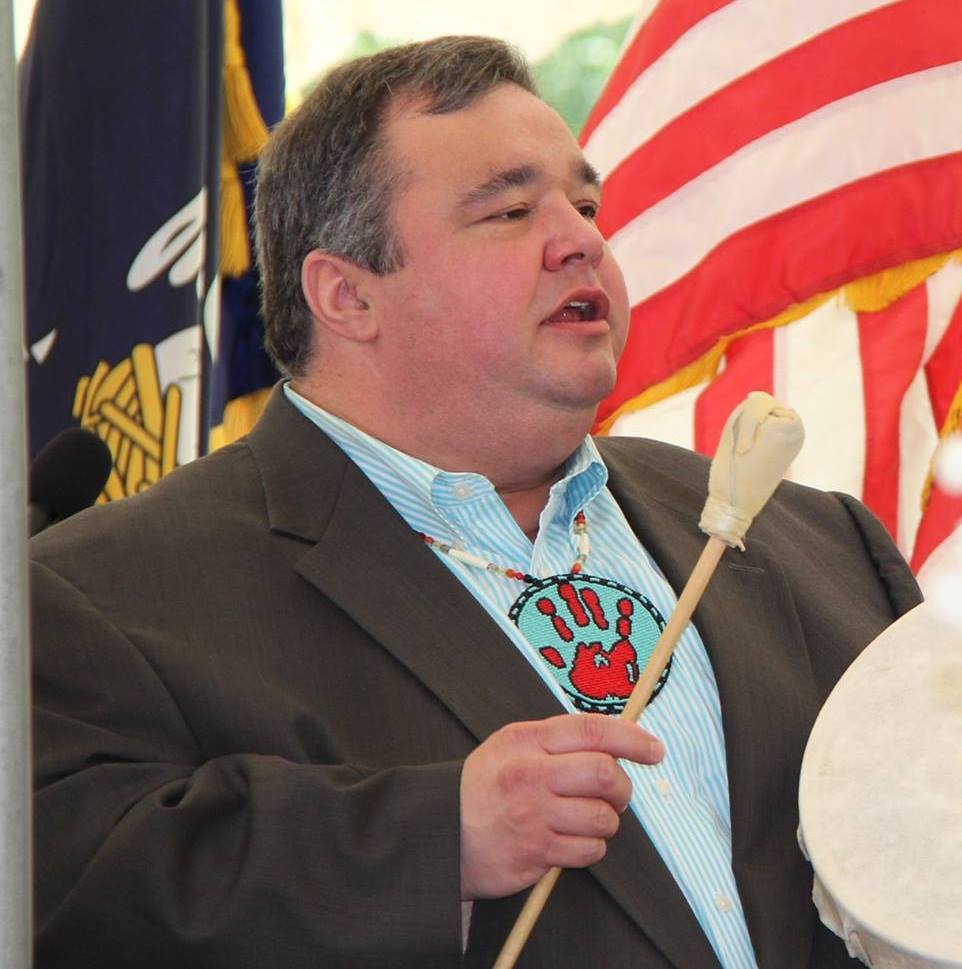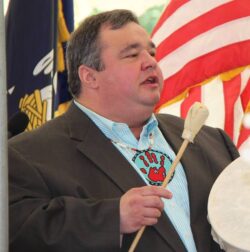Magazine
John Barbry, Champion of Culture
A career spent advocating for Tunica–Biloxi traditions
Published: February 28, 2022
Last Updated: June 9, 2023

John Barbry
“Any time there’s an opportunity to practice traditional culture, it’s a way for you to kind of renew your identity, to say, ‘This is where we came from,’” Barbry said. “Assimilation is a challenge throughout Indian country. A lot of traditional culture has fallen into disuse. We’re trying to bring some of those heritage lifeways back.”
Barbry doesn’t just seek out opportunities to educate the tribal community about their heritage—he creates new opportunities as well. He founded the annual Tunica–Biloxi Pow Wow, one of Louisiana’s largest powwows, which he’s chaired since 1996. As head of the tribe’s Language and Culture Revitalization Program, he organizes summer camps, educational programs, stickball clinics, scholarship fundraisers, and more. Currently, he and his team are training a new generation of Tunica language teachers at the reservation’s Cultural and Educational Resources Center.
“It’s important to me that after I retire there will be younger people who keep this work going,” Barbry said. “If I’m not helping develop younger people to continue this work, then I’m not really doing my job.”
Prior to being appointed to his position with the Tunica–Biloxi Tribe of Louisiana in 2014, Barbry led noteworthy careers as an archivist and a marketer. He worked on a project to catalogue the Tunica Treasure, the largest collection of eighteenth-century Native American relics ever discovered before moving on to a role at The Historic New Orleans Collection. Later, he served as the first-ever Native American archivist at the National Museum of the American Indian in New York City.
When he was approached to lead marketing efforts for a casino in Marksville, in 1994, he saw an opportunity “to come back home” to the community where his grandparents raised his father. He recalled visiting the reservation as a boy, watching his grandmother weave sturdy, intricately detailed baskets out of delicate pine needles.
“It’s funny how things happen to guide you down a path. What I learned in business and marketing, and in graduate school, and working for the Smithsonian, that all shaped how I view my role in the community and the responsibility that I have,” Barbry said.
Asked to recall a particularly proud moment from his career, Barbry shared the story of seeing a student from one of his Tunica language classes while shopping at Walmart. She called out to him from across the store, greeting him in Tunica, a language that has not had a living native speaker since 1948. That greeting was the end result of decades of hard work. “It’s an ongoing process and you have to be committed,” Barbry said. “But when you see it happen like that, that is the magic moment.”
Chris Jay is a native of Sarepta, Louisiana, who has spent the last twenty-some-odd years living in and writing about his adopted hometown of Shreveport. He is currently pursuing a master’s degree in Louisiana folklife and southern studies at Northwestern State University. He self-publishes Stuffed & Busted, a reader-funded newsletter and website documenting the food and drink traditions of North Louisiana, and produces the podcasts All Y’all and Once Upon a Time in Shreveport.
